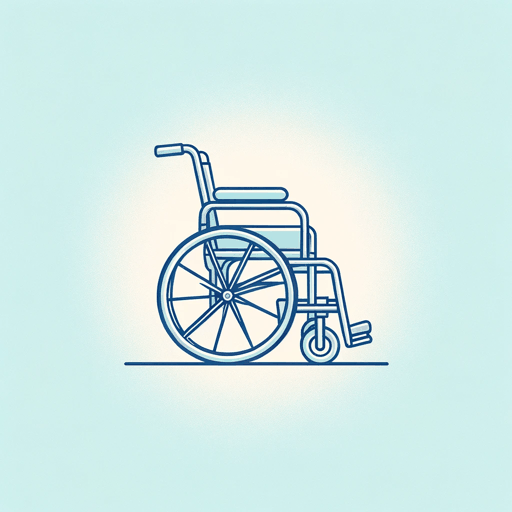42 pages • 1 hour read
Ron KovicBorn on the Fourth of July
Nonfiction | Autobiography / Memoir | Adult | Published in 1976A modern alternative to SparkNotes and CliffsNotes, SuperSummary offers high-quality Study Guides with detailed chapter summaries and analysis of major themes, characters, and more.
Summary and Study Guide
Overview
Born on the Fourth of July is a 1976 memoir written by wounded Vietnam veteran and antiwar activist Ron Kovic. The memoir was adapted into a 1989 film directed by Oliver Stone; Kovic and Stone co-wrote the screenplay, which earned an Oscar nomination. In the memoir, Kovic describes his experiences in and surrounding his tours of duty in Vietnam, including why he enlisted in the United States Marine Corps, how he was injured, and how he became a prominent antiwar protester. Kovic argues that the Vietnam War was not worth the sacrifices he and others made and that the government betrayed him and other veterans of the conflict. Throughout the book, Kovic alternates between the first-person and third-person limited narrative voices depending on the action being conveyed, though the protagonist of both voices is himself.
Kovic opens the book by discussing his injury and how he acquired it. He is first shot through the foot before sustaining a shot in his spinal column that leaves him paralyzed from the chest down. Kovic is moved to a hospital in Vietnam and is awarded the Purple Heart; he is then moved to a series of poorly run Veterans Affairs hospitals in New York. The theme of reliving the war is one that Kovic addresses throughout the book. In the first two chapters, Kovic also wrestles with the idea that his wounds are justified as punishment for actions he took during the war and that he describes fully at the end of the book.
Kovic next discusses his upbringing and what influenced him to enlist in the Marines. He says the call to serve all started for him when he was born on the Fourth of July, 1946. In his early years, he would play violent war games with his friends and admired the heroes of war movies. He explains that he wanted to enlist in the Marines to serve his country but also to be a hero. He enlists as soon as he is old enough and then goes to basic training, where he sees other enlistees being abused.
In Chapter 4, Kovic describes his life as a disabled veteran. He recounts being a guest of his town’s Memorial Day parade. There, he is put on display and used as a piece of pro-war propaganda by the military and politicians. Kovic describes his life as purposeless and full of depression and drink, as he longs for the touch of a woman or anything that might remind him of his life before the war. He breaks his leg and ends up back in the V.A. hospital. There, he is cared for so poorly that he becomes enraged at the way veterans are treated. He goes to an antiwar protest in Washington, where he is changed by the sense of togetherness he feels.
In Chapters 5 and 6, Kovic discusses his antiwar protest career. He speaks against the war to students and other groups across the country as he himself moves to California and then to New York and back to California. He finds a new purpose in his life and feels less lonely when he is with other members of the group Vietnam Veterans Against the War. He has a brief romantic relationship with a woman but chooses to live alone instead. He is called a traitor by some, a hero by others, and is abused by the police during an arrest in Los Angeles. He persists in protesting, however, even sneaking into the Republican National Convention in 1972 to protest during President Richard Nixon’s acceptance speech.
Finally, in Chapter 7, Kovic describes what he did and what happened to him while he was in Vietnam. He admits to accidentally shooting a corporal from Georgia during a retreat. His commanding officer tells him it was not his fault, but he feels guilty about it and knows the other Marines talk about him behind his back. He then describes another incident in which he and others shot civilians including women, elderly, and children. These incidents haunt him even as he describes in more detail the attack that left him paralyzed. He concludes the book by saying that at the moment he was injured, he decided he did not want to die in Vietnam “for nothing.”

